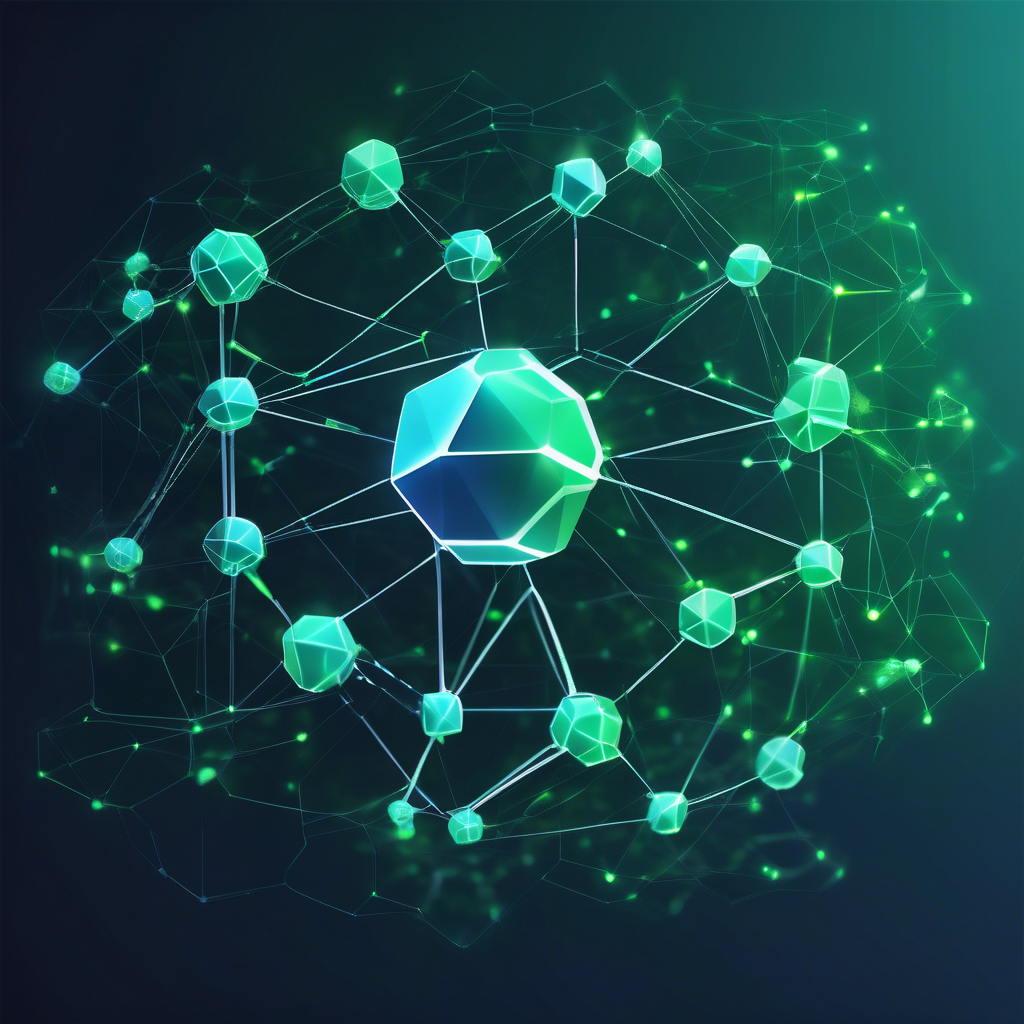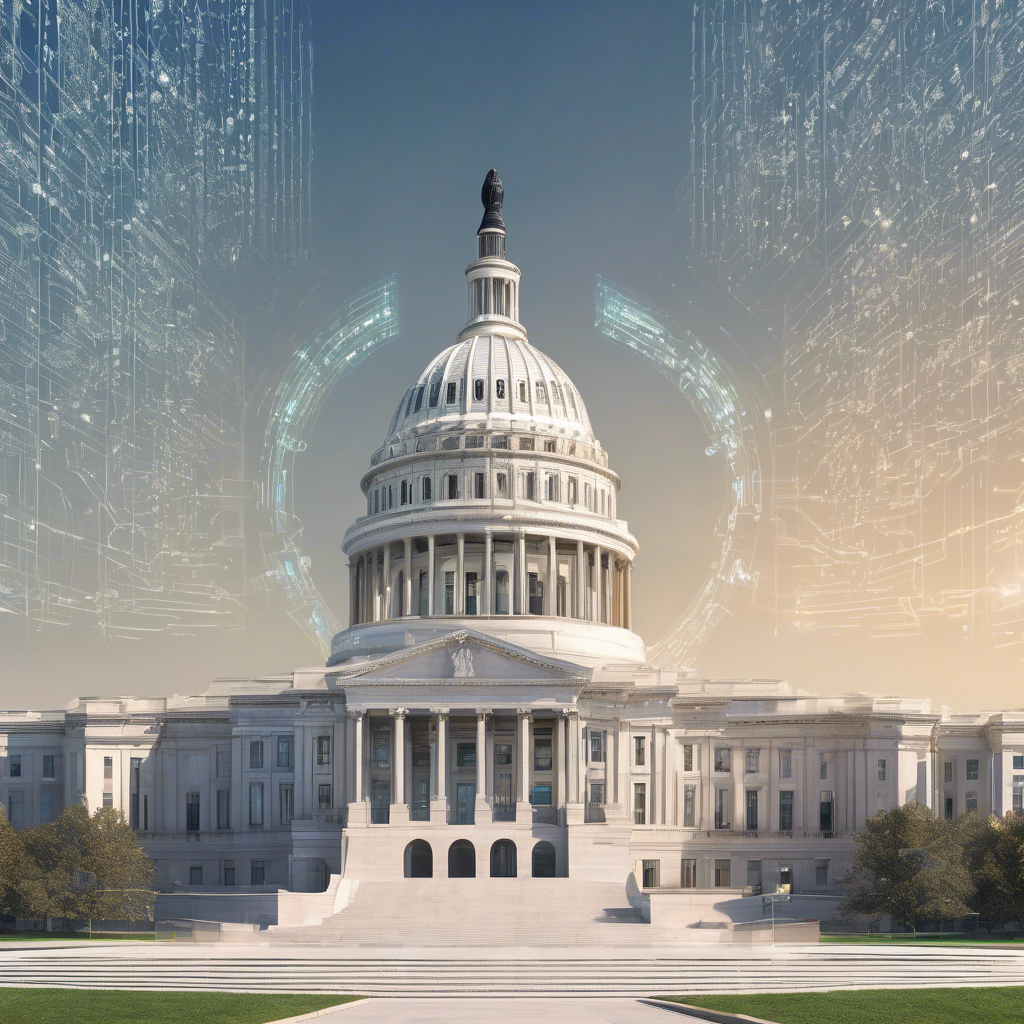Tech Industry Predictions for 2025: AI, Cybersecurity, and Cloud Computing

As we enter 2025, the tech industry is poised for major shifts, building on 2024’s lessons. Significant advancements are expected in Artificial Intelligence, cybersecurity focus, and changes in cloud computing, data center infrastructure, and the tech ecosystem. **AI in 2025:** AI will become more enterprise-focused, with businesses honing strategies for specific, measurable use cases. Companies will establish robust data architectures, enabling tailored AI solutions for a competitive edge. Industry-specific applications in healthcare, manufacturing, and finance will gain traction due to their clear returns on investment. Ethical AI frameworks will emerge globally to mitigate risks and foster trust. Scalable AI automation will enhance efficiency across various sectors, driving productivity and cost savings. **Cybersecurity:** With escalating cyber threats, 2025 will see AI-enhanced defense mechanisms and stricter regulations. AI will play a key role in real-time threat detection, while quantum-safe cryptography will counteract quantum computing risks. Governments will enforce rigorous cybersecurity standards, making it a priority across industries. **Cloud Computing:** Cloud computing remains pivotal, but cost efficiency and operational strategies will face scrutiny. Multi-cloud environments will gain popularity following recent service outages, and edge computing will expand due to latency-sensitive applications. Sustainability will be prioritized with energy-efficient data centers. **Data Centers and AI Demand:** AI’s growth will reshape data centers, with investments in specialized AI infrastructure like GPUs. Sustainable power solutions and advanced cooling technologies will become essential to meet energy demands. **Workforce and Talent:** Post-reset, the workforce will adapt to automation and emerging tech.
Upskilling in AI, cybersecurity, and quantum computing will be crucial. Hybrid work will persist, but increased in-office collaboration will influence dynamics. **Blockchain:** Despite cryptocurrency volatility, blockchain will enhance supply chain transparency, decentralized identity, and introduce sustainable innovations. **Metaverse and Extended Reality:** Practical XR applications will arise, enhancing training, collaboration, and customer engagement, with AI enriching XR environments. **Tech Policy and Geopolitics:** Geopolitical factors will affect tech innovation. The U. S. will focus on domestic manufacturing to reduce global supply chain reliance. International collaborations on cybersecurity will increase, and new AI regulations will balance innovation and privacy. **U. S. Investment:** Post-2024 elections, the U. S. will attract foreign investment, with reshored supply chains and growth in semiconductor and energy projects. 2025 will be transformative for tech, addressing economic and geopolitical challenges while leveraging innovation. Success hinges on collaboration, foresight, and ethical practices. What are your views on these predictions?Share your thoughts!Follow me on social media or visit my website.
Brief news summary
As we near 2025, the tech industry is set for major changes largely spurred by advancements in artificial intelligence (AI), cybersecurity, cloud computing, and data infrastructure. AI is expected to increasingly focus on enterprise applications by using proprietary data to create industry-specific language models in fields such as healthcare, manufacturing, and finance, which will drive wider adoption. To address risks like bias and enhance trust, global ethical AI frameworks are being developed. AI’s scalable automation will improve efficiency across various industries, highlighting its vital role in business operations. In cybersecurity, progress will be marked by AI-driven threat detection, the development of quantum-resistant cryptography, and stricter regulations to counter emerging threats. Cloud computing will advance with more cost-effective multi-cloud and edge solutions, alongside a push for sustainable practices that lead to energy-efficient data centers. As AI applications expand, there will be a need for specialized infrastructure and improved cooling systems for data centers. Workforce transformations will concentrate on reskilling in AI, cybersecurity, and automation. Blockchain technology is under exploration for improving supply chain transparency and supporting decentralized identity solutions. Although interest in the metaverse may decline, extended reality technologies are expected to find practical uses. Geopolitical factors will have a significant influence on tech investments, with an emphasis on domestic production and fostering international cybersecurity cooperation. All in all, 2025 is anticipated to be a pivotal year for the tech industry, characterized by substantial innovation and resilience amid economic and geopolitical challenges. Success will depend on embracing new opportunities and adeptly navigating complex environments.
AI-powered Lead Generation in Social Media
and Search Engines
Let AI take control and automatically generate leads for you!

I'm your Content Manager, ready to handle your first test assignment
Learn how AI can help your business.
Let’s talk!
Hot news

Kinexys Launches Carbon Market Blockchain Tokeniz…
Kinexys by J.P. Morgan, the firm’s leading blockchain business unit, is developing an innovative blockchain application on Kinexys Digital Assets, its multi-asset tokenization platform, aimed at tokenizing global carbon credits at the registry level.

Ford CEO Jim Farley warns AI will wipe out half o…
Ford CEO Jim Farley recently emphasized the critical role of the “essential economy” and blue-collar skilled trades while forecasting that artificial intelligence will halve the number of white-collar jobs in the U.S. He has become the latest executive to raise concerns over AI’s impact on workers, joining voices like Amazon’s CEO, who last month announced that the company’s corporate workforce will shrink because of AI.

Cryptocurrency Theft Losses Reach Record High in …
In the first quarter of 2025, the cryptocurrency industry saw a dramatic surge in theft losses, totaling an unprecedented $1.63 billion.

AI in Education: Personalized Learning Experiences
In recent years, the education sector has experienced a notable shift toward integrating artificial intelligence (AI) to enhance learning experiences.

New Push for National AI Rules Likely After State…
A recent effort to impose a decade-long moratorium on state-level artificial intelligence (AI) regulations through the Republican budget bill, led by Senator Ted Cruz and supported by industry groups, has faced significant setbacks, revealing the growing complexities of AI governance in the U.S. The proposal aimed to prevent states from enacting individual AI policies to avoid a fragmented regulatory landscape that could hinder innovation and burden multi-state companies.

Investors Pile into Tokenised Treasury Funds
Crypto companies and investors are increasingly channeling funds into tokenised versions of money market and Treasury bond mutual funds as alternatives to stablecoins for parking excess cash while earning yield.

What is Blockchain? Demystifying the ledger that …
Best known as the technology powering Bitcoin, blockchain is emerging as a trustless, tamper-proof system with the capacity to revolutionize sectors from finance to healthcare.

 Auto-Filling SEO Website as a Gift
Auto-Filling SEO Website as a Gift








 Auto-Filling SEO Website as a Gift
Auto-Filling SEO Website as a Gift

